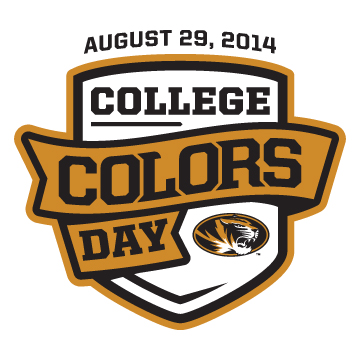Instructors and advisers are on the front line when it comes to student interaction. So having the skills to spot the signs of student mental distress and offer referral information are important.
Recently faculty and staff attended “Mental Health 101,” led by Outreach Coordinator Christy Hutton and Director David Wallace, both of the MU Counseling Center. Hutton and Wallace talked about the signs and symptoms of mental distress.
Some signs are:
- emotions: anxiety, irritability, fear, moodiness, embarrassment
- behaviors: crying, short temper, grinding teeth or clenching jaws, accident prone, increase in alcohol, drinking or smoking
- thoughts: forgetfulness, difficulty concentrating, self-criticism, fear of failure, difficulty making decisions
- physical: muscle tension, back pain, headaches, stomach aches, frequent colds, dry mouth, changes in sleep or appetite, heart pounding, breathing difficulty, anxiety attacks
Signs of suicidal thoughts are:
- talking or writing about suicide
- feeling hopeless
- withdrawing from others
- acting recklessly
- increased use of drugs, alcohol or nicotine products, prescription medication
- anger and irritability (especially in men)
- anxiety or depression
- changes in sleep
- mood swings
Hutton said that, when counseling a student you think might be suicidal, it is important to ask directly about suicidal thoughts, and without dread or negativity. “Are you having suicidal thoughts?” or “Are you thinking about killing yourself?” is preferable to “Are you thinking of hurting yourself?” For the distressed person, suicide can seem like an end to the pain and is not thought of as hurtful, Hutton said.
“Step back and listen,” Hutton said. “Don’t worry about your next question. And remain calm,” because this calms the student and sends a message that you can handle what is being said.
Hutton said that instructors and advisers mainly need to listen and not judge. An acceptable response might be, “I don’t know what to say, but I am glad you are telling me this.”
“You don’t own the problem and you don’t have to fix the problem,” Hutton said.
Troubled students want empathy, not judgment, sarcasm or language that minimizes the mental anguish, Hutton said.
Next, and most important, refer students to the MU Counseling Center. The center is open 8 a.m.–5 p.m. Monday–Friday at 119 Parker Hall, 882-6601, counseling.missouri.edu.
Other services available on campus:
• At Risk Behaviors Committee Vice Chancellor for Student Affairs, 882-6776
Provides consultation and coordination of response efforts.
• Student Health Center
882-7481
Provides medical services, psychiatric services, alcohol/drug assistance, and health education. After-hours nurse hotline provides 24-hour assistance to students who need medical services or advice.
• Wellness Resource Center
882-4634
Offers information and resource library materials, workshops, and referral services for students with alcohol or drug use concerns and other wellness-related issues. B.A.S.I.C.S. (Brief Alcohol Screening and Intervention for College Students) is a program for MU students to address their alcohol issues.
• Psychological Services Clinic 882-4677
Offers therapy and outpatient psychiatric services on a sliding-fee basis.
• After hours emergencies:
MU Police Department
901 Virginia Ave.
882-7201
mupolice.missouri.edu
Missouri Crisis Line, 24/7: 445-5035
National Lifeline, 24/7: 800-273-8255, suicidepreventionlifeline.org
Trevor Lifeline, 866-488-7386, thetrevorproject.org


